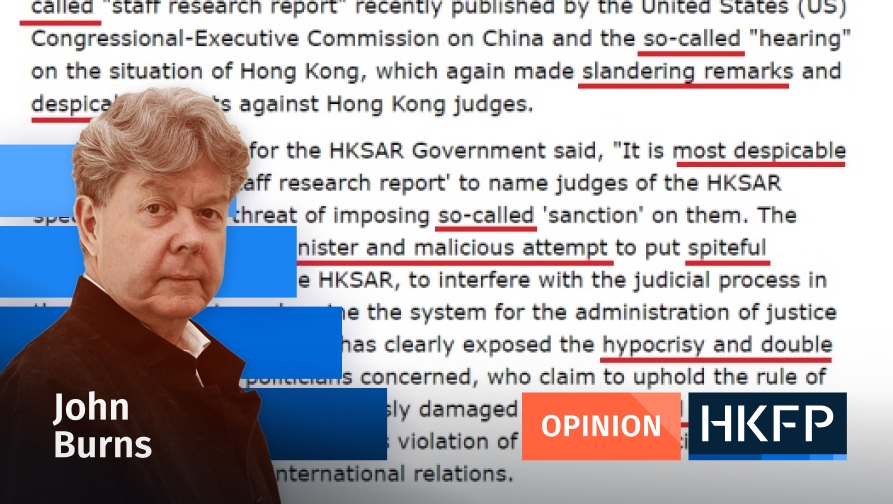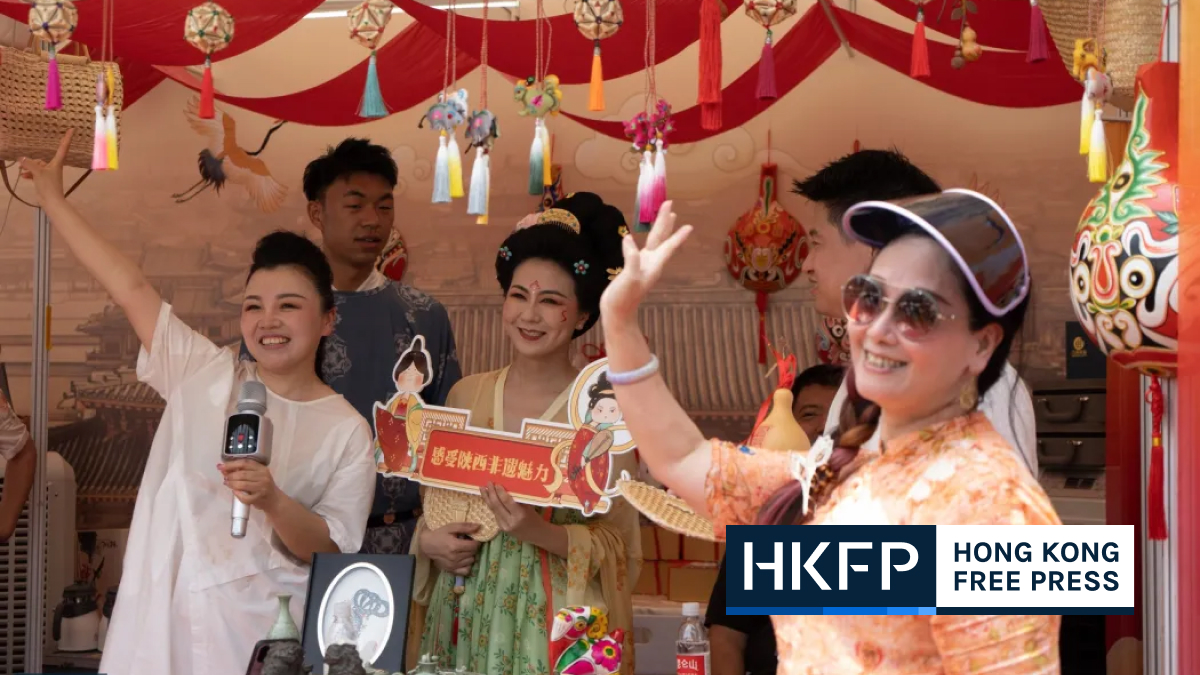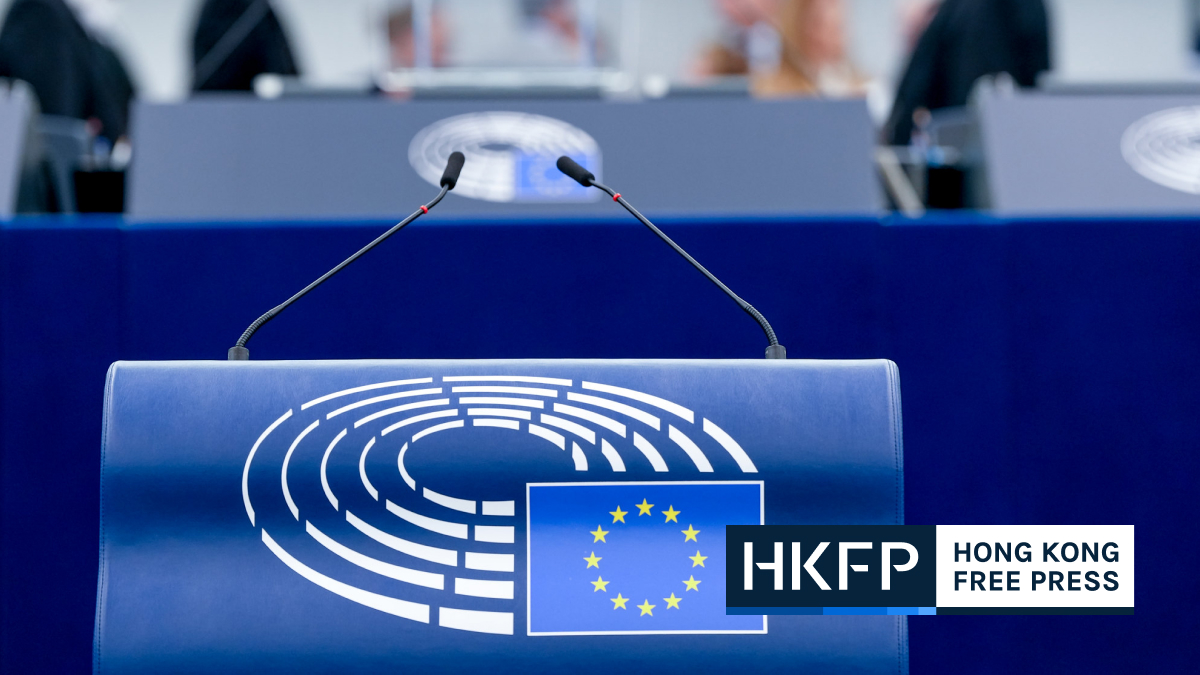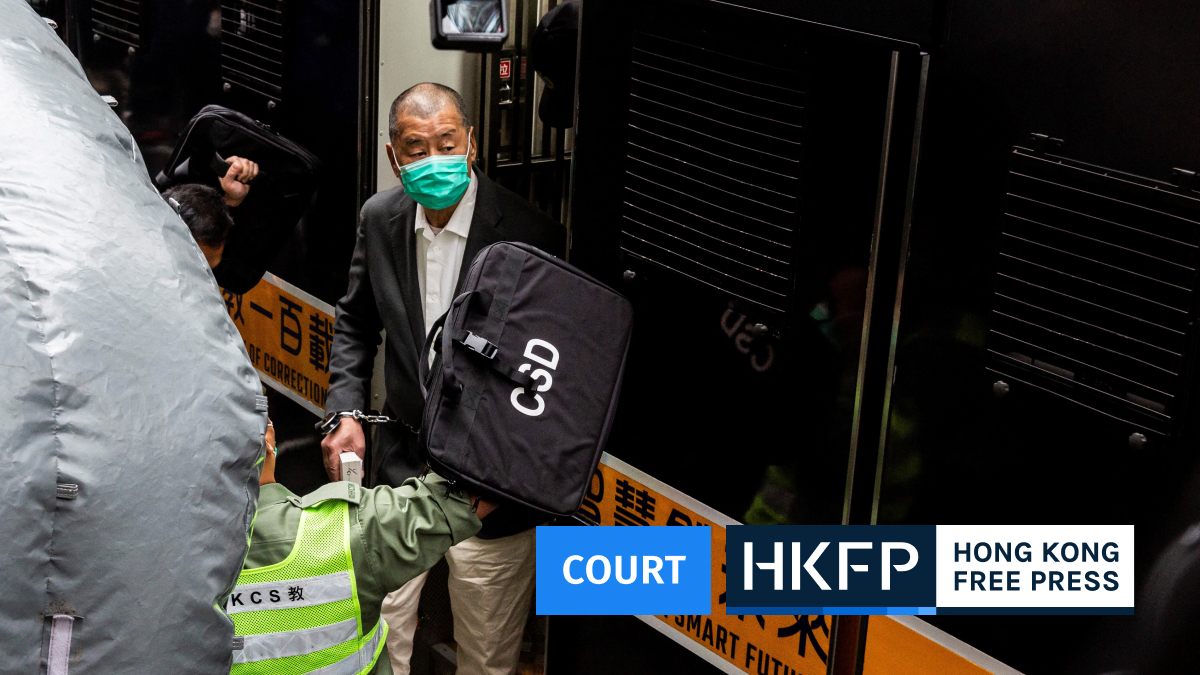Veteran Hong Kong litigant Kwok Cheuk-kin has said he felt pressured not to pursue a proposed legal challenge against the government’s attempt to ban an anthem linked to the 2019 extradition bill protests.
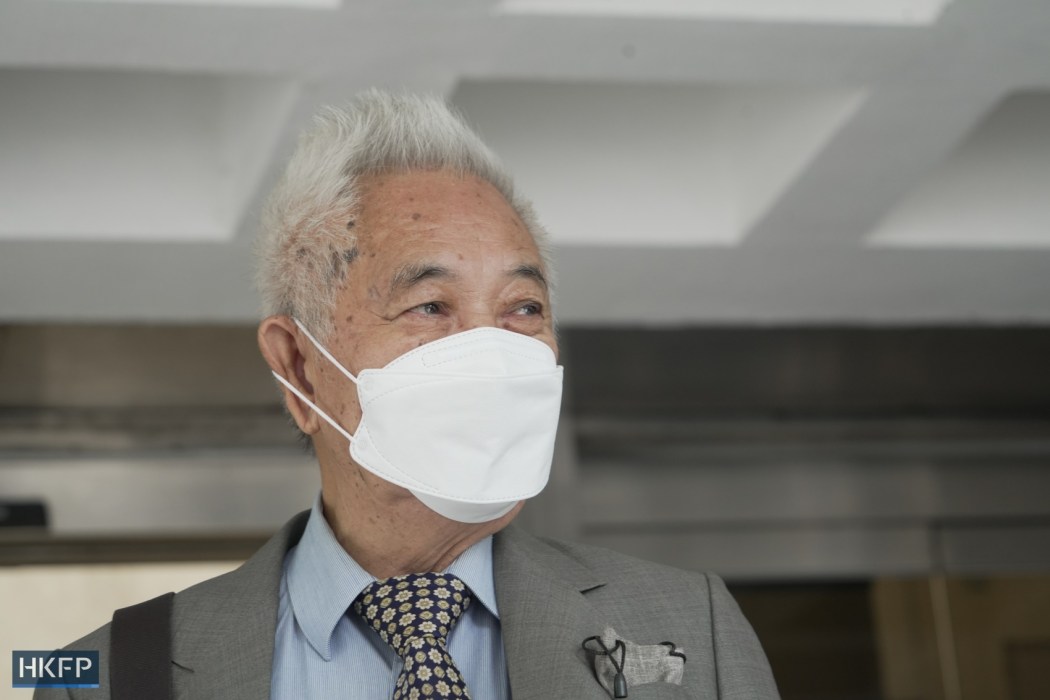
Kwok, who is widely known as the “king of judicial reviews,” told local media on Monday that he had decided not to file a judicial review against the government’s bid to bar protest song Glory to Hong Kong from being performed or disseminated with criminal intent because he was “unwell” and was “under pressure.”
Kwok announced on Facebook last week that he would launch a judicial review against the government’s application for an injunction to restrict the anthem which the authorities argued could be mistaken as the official anthem, China’s March of the Volunteers, or suggest that Hong Kong was an independent state with its own national anthem.
The injunction, Kwok wrote, breached the city’s mini-constitution and the freedom of speech it guaranteed to Hong Kong residents. He was set to file the legal challenge at the High Court on Monday morning, but told the media last Sunday that he was hospitalised and could not go to court.
He told InMedia on Monday that he was “under pressure” not to pursue the case after he was “reminded by someone” to take into account the “dignity of governance” of the Hong Kong government.
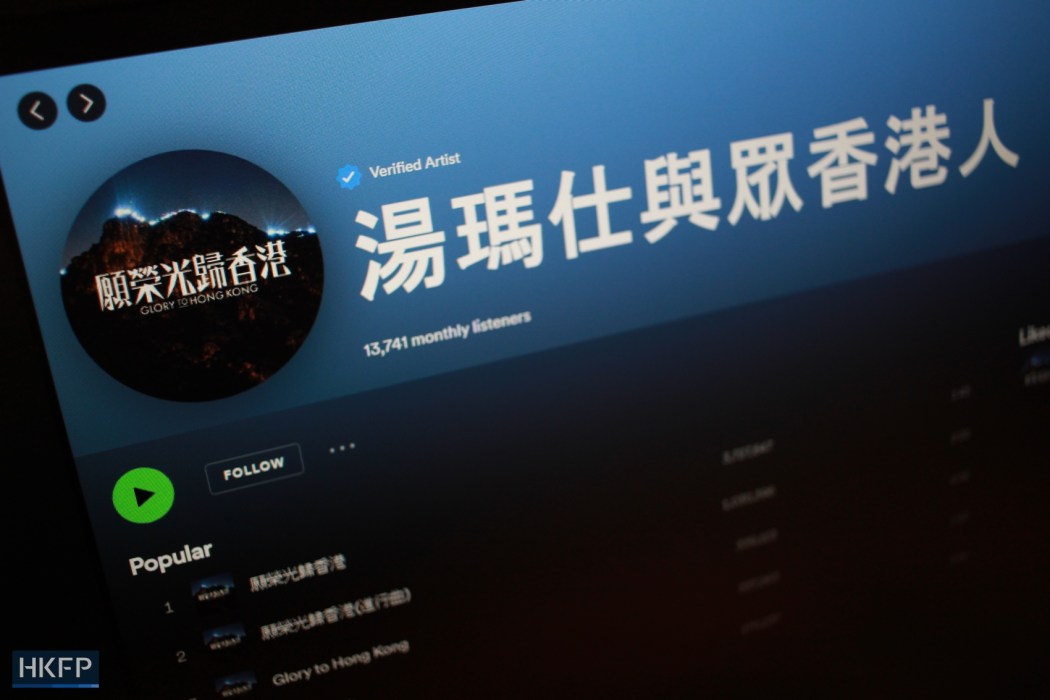
In an interview with Falun Gong-backed media Sound of Hope on Tuesday, Kwok also claimed some people with ties to triads approached him and warned him not to file the judicial review.
Judicial reviews are considered by the Court of First Instance and examine the decision-making processes of administrative bodies. Issues under review must be shown to affect the wider public interest.
The government first sought to bar the distribution of the pro-democracy protest song in June, saying its dissemination with the intention to incite secession, sedition, or to violate the national anthem law should be banned. The government also requested the court to prohibit anyone from assisting with those acts.
See also: Why, and how, the gov’t wants to ban protest song ‘Glory to Hong Kong’
The move came after a months-long series of mix-ups began last November, when Glory to Hong Kong was played at a Rugby Sevens game in South Korea after an intern reportedly downloaded it from the internet. Whilst the Hong Kong government demanded a “full investigation,” one Hong Kong lawmaker even demanded the person responsible be extradited to the city.
In a surprise ruling in late July, High Court judge Anthony Chan denied the government’s request and said he was not “satisfied” that it was “just and convenient” to grant the injunction. He ruled at the time that although the injunction did not target lawful activities, it may still create chilling effects such as intrusion to freedom of expression.
Secretary for Justice Paul Lam subsequently filed an appeal bid against Chan’s ruling on the behalf of the government and last week the High Court allowed the appeal to be lodged.
According to the Judiciary’s website, High Court will hold a hearing on September 13 to give directions on the government’s appeal case. The proceeding is expected to last for 30 minutes.
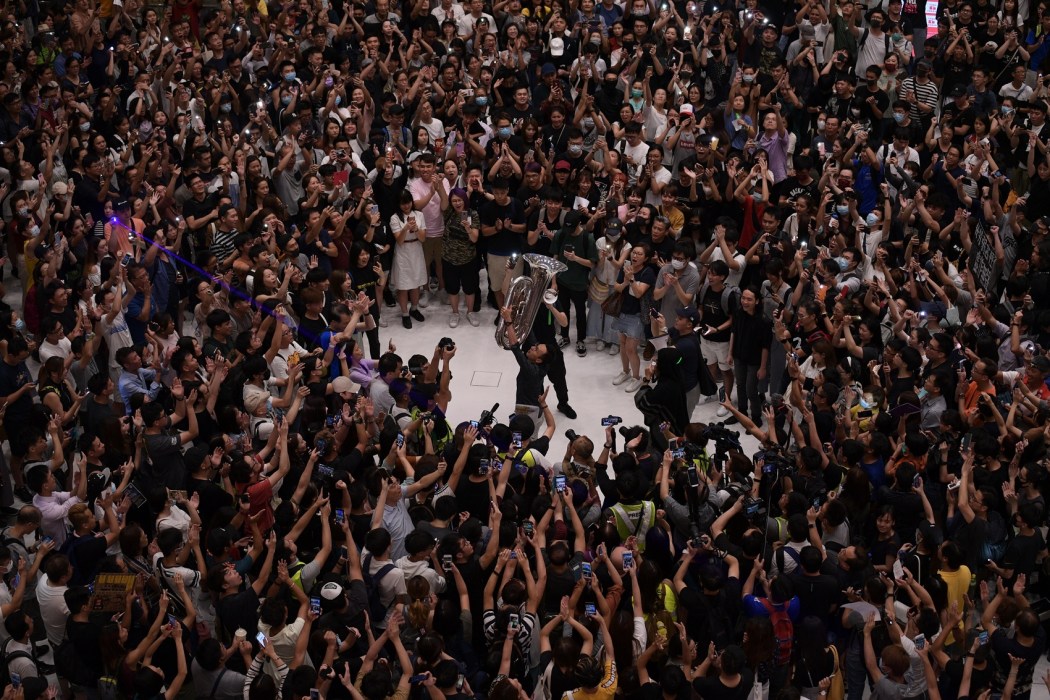
Glory to Hong Kong was released on YouTube by a local songwriter named Thomas, and his team, on August 31, 2019 – during the height of the citywide pro-democracy demonstrations and unrest. It featured lyrics co-written by users of online discussion forum LIHKG. They called for democracy and freedom, and included the protest slogan “Liberate Hong Kong, revolution of our times,” which was ruled capable of inciting secession during the city’s first national security trial.
Protests erupted in June 2019 over a since-axed extradition bill. They escalated into sometimes violent displays of dissent against police behaviour, amid calls for democracy and anger over Beijing’s encroachment. Demonstrators demanded an independent probe into police conduct, amnesty for those arrested and a halt to the characterisation of protests as “riots.”
Support HKFP | Policies & Ethics | Error/typo? | Contact Us | Newsletter | Transparency & Annual Report | Apps
Help safeguard press freedom & keep HKFP free for all readers by supporting our team





















